Seaweed an Eco-alternative to Single-use Plastics Packaging
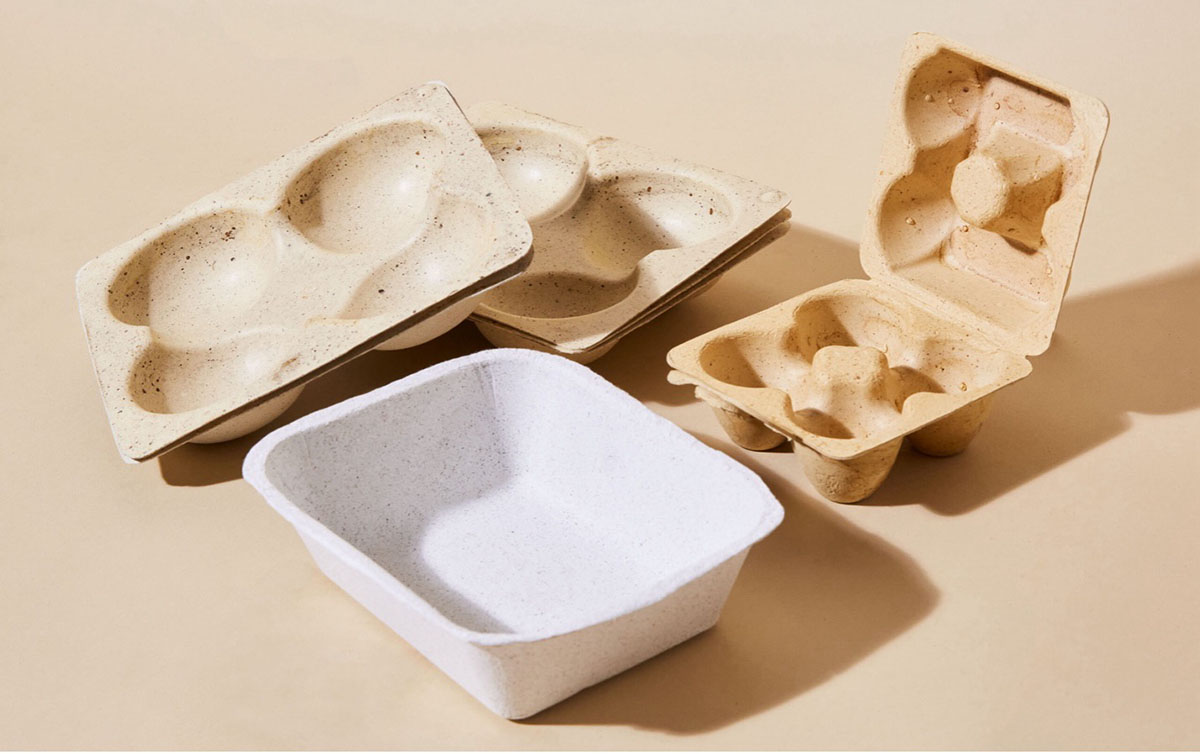
Various companies are creating seaweed-based materials and applications
In the never-ending search for eco-friendly packaging solutions, brands and package designers continue to seek viable alternatives to plastic. One such option –– seaweed-based packaging –– is having a moment.
Various young companies are active in the space. Among them are Welsh startup PlantSea Ltd. and London-based Notpla Ltd., as well as Sway Innovation Co. and Loliware Inc., both based in the California Bay Area.
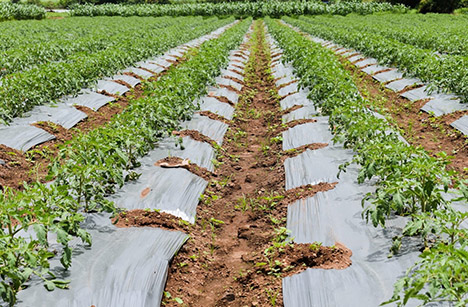
PlantSea’s seaweed-based agricultural mulch films are designed to decompose at the end of the growing season. Where it hasn’t degraded, one can plow the mulch back into the soil. Courtesy of PlantSea
Seaweed, also known as macroalgae, refers collectively to a wide variety of underwater vegetation. This includes thousands of aquatic, plant-like species of macroscopic, multicellular marine algae.
It grows around the world in both fresh and saltwater ecosystems where it creates habitat for other aquatic species, absorbs carbon dioxide –– up to 20 times more carbon per acre than trees –– and can even protect coastlines from erosion.
We can now use seaweed in our products without harvesting it from sensitive habitats since a wide variety of seaweeds are responsibly farmed in the ocean.
Certified Recyclable Seaweed Packaging
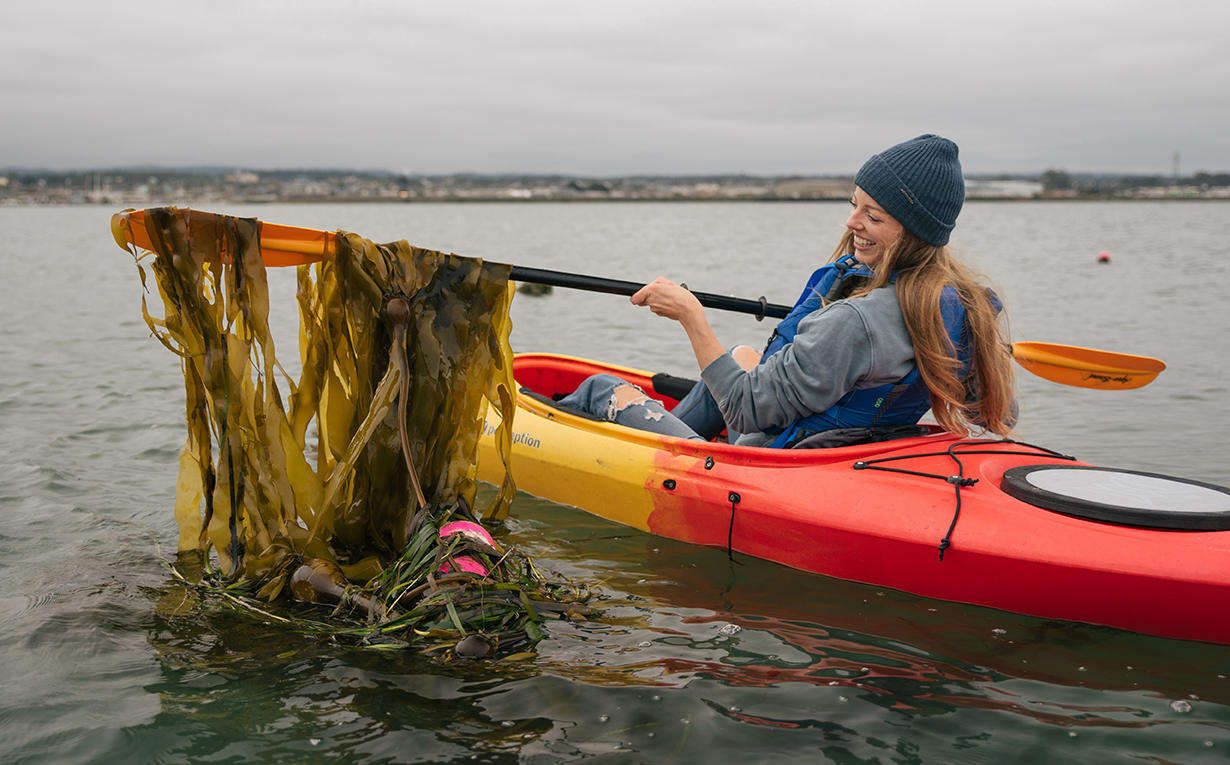
Sway CEO and co-founder Julia Marsh is shown here at a California seaweed farm. Courtesy of Sway
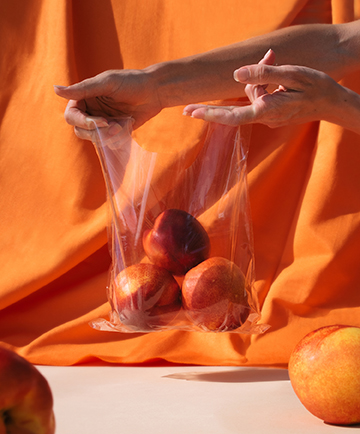
An example of Sway’s seaweed-based Firstwave™ Clear retail bag. Courtesy of Sway
The 4-year-old PlantSea recently gained OPRL Ltd.’s On-Pack Recycling Label certification for its seaweed-based packaging –– the first such company to do so. It makes its packaging from a blend of seaweed-derived fibers with recycled and virgin paper pulp. It can be recycled using paper mill recycling processes.
Meeting the necessary recycling criteria enhances the prospects for PlantSea’s material to replace traditional paper and card in various applications such as stationery, boxes, and bags.
This is the company’s approach. It sustainably sources its seaweed in Scotland, using two primary harvesting methods, called Wild Harvest and Aquaculture. “Wild seaweed harvesting on the coast is strictly controlled under quota, ensuring that only a small percentage of the total available wild stock can be harvested in a season,” it notes.
Agricultural seaweed, explains PlantSea, is grown from spores provided by native hatcheries within a certain range of where the seaweed will be grown. This is to prevent the introduction of nonnative seaweed into the waters, similar to a postcode system. “It is not possible, for example, to grow seaweed from the west coast of Scotland on the east coast, even if it is the same seaweed variety.”
Sway Develops Scalable New bioresin
Other seaweed purveyors are making news, as well.
Sway recently announced a “breakthrough technology” that it says will enable seaweed to replace flexible plastics at scale. It claims that its patent-pending material –– called Thermoplastic Seaweed resin (TPSea™) –– represents “an entirely new category of biopolymer resin.” The company says it designed the biodegradable material to work with existing manufacturing systems and that the end products (such as polybags and food wrappers) are home compostable.
The company also has just secured a further $5 million in funding.
Notpla Wins Major Food-packaging Contract
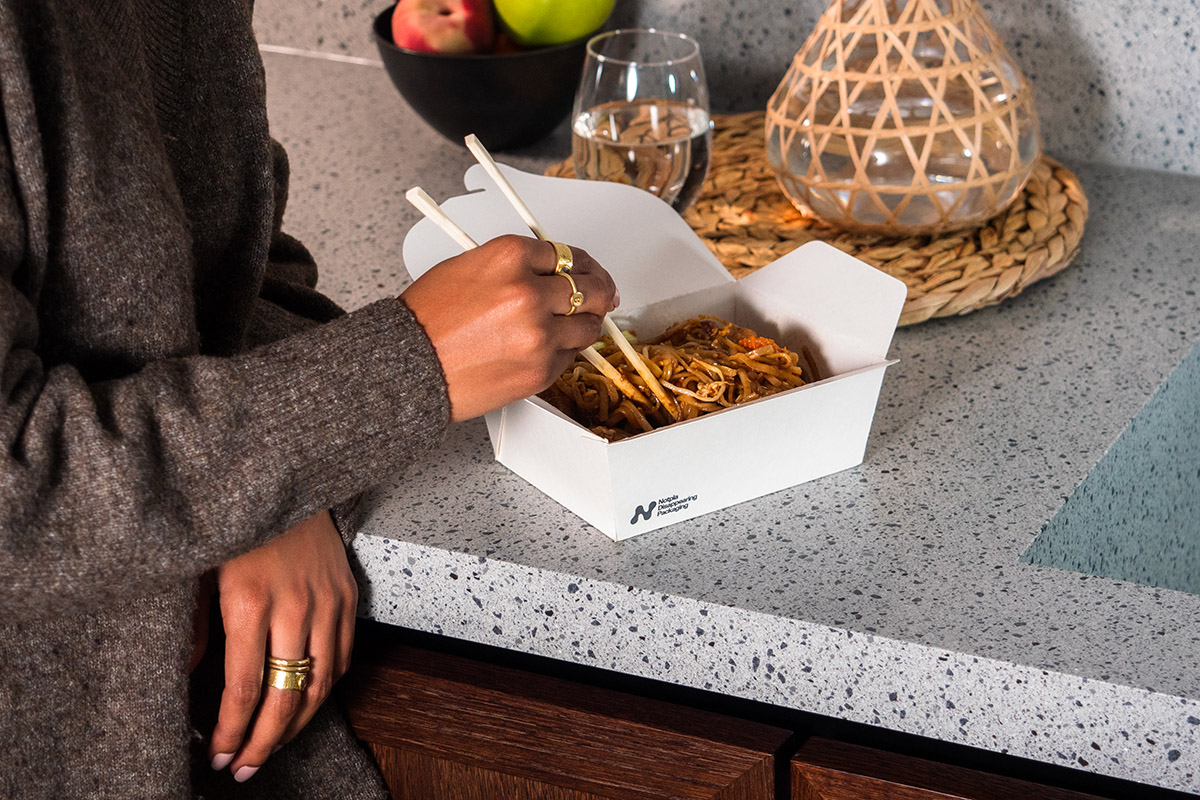
Notpla just landed a major contract to supply its seaweed-based food packaging to a large firm that supplies food services to UK sports venues. Courtesy of Notpla
Notpla, meanwhile, in March struck a large supply deal with a large UK food services firm that serves sports venues. It expects the customer, Levy UK + Ireland, over the next three years to use an estimated 75 million items made from Notpla’s seaweed-based food packaging.
Notpla, 2022 winner of the Earthshot Prize awarded by Prince William, says that since introducing its food-packaging products to the market in 2019, it has scaled up production “from tens of thousands of units a year to tens of millions of units.”
Notpla also has developed a novel liquid packaging product it calls Ooho. The company uses a unique pod-like design to encapsulate the liquid in a thin, flexible layer that is 100 percent naturally biodegradable and entirely edible. Just pop the liquid bubble in your mouth.
Loliware Licensing its Resin Technology
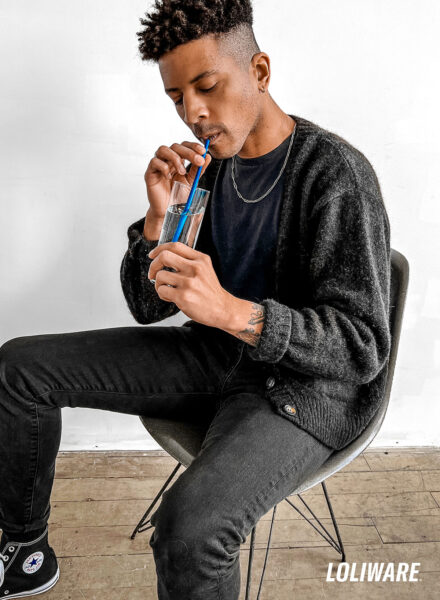
San Francisco-based Loliware is licensing its SEA Tech Resins technology, which can be used to make various products, including drinking straws such as these. Courtesy of Loliware
Loliware also has developed “a new category of seaweed resins engineered to replace plastic at scale using regenerative, carbon-capturing, ocean-farmed seaweed.” Dubbed SEA Tech Resins, the company is now offering to license the technology. It says the material is compatible with existing plastic machinery.
Founded in 2015 and using the tagline “Designed to Disappear,” Loliware also has commercialized such products as drinking straws and cutlery made from the material.

I am the Founder of Blue Waves Sea Moss Company. We sell both sea moss and sargassum which can be used in manufacturing bio gradable products. We are interested in partnering with a company that requires the raw materials and also to help us develop our products. Thank you.